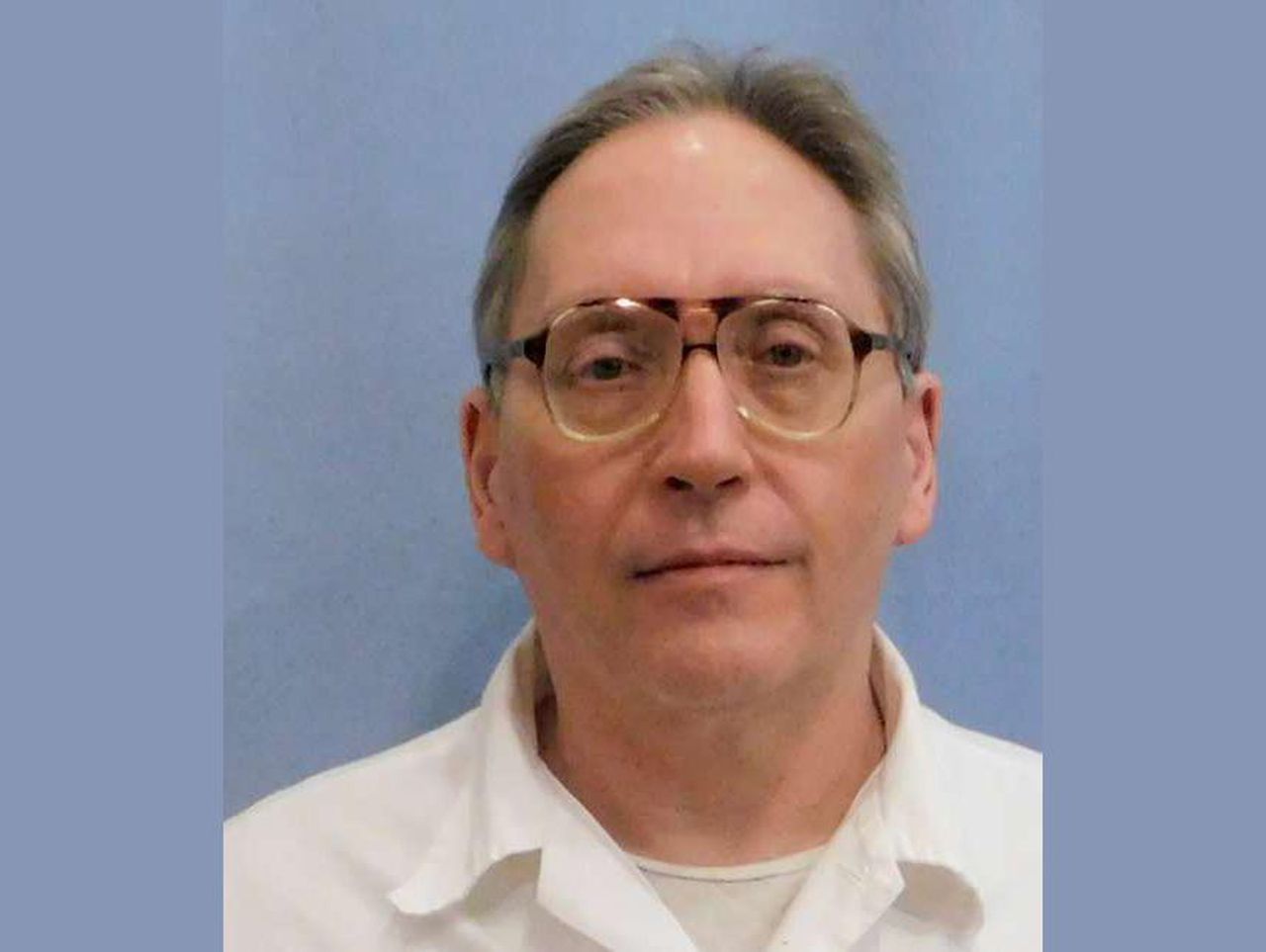Appeals court says Alabama execution may go forward despite past issues
A federal appeals court on Wednesday night denied a petition by James Barber, whose execution window begins at midnight, to delay his death after a series of botched executions by the state of Alabama.
The 11th Circuit Court of Appeals issued its ruling in a 2-1 decision after hearing oral arguments Monday.
Barber’s attorneys are expected to appeal this latest ruling to the U.S. Supreme Court.
The court upheld the ruling of the federal district court that Barber’s constitutional rights would not be violated.
In Monday’s hearing, Barber’s attorneys argued that the state had not made significant changes in its execution protocol after two failed execution attempts – Alan Miller in September and Kenneth Eugene Smith in November – last fall after IV connections could not be made. The last successful execution in July 2022 resulted in multiple punctures on the body of Joe James, an autopsy revealed. Attendants have, on occasion, struggled to establish an IV line with Barber, his lawyers said, and he could be subjected to a similar difficulty.
The court ruled that those concerns were not sufficient, citing the state’s protocol change that includes entirely replacing the attendants charged with establishing IV lines in recent executions.
“Based on the testimony and evidence presented, the district court determined that the evidence was insufficient to establish that Barber faced individualized risks that would complicate IV access to his veins, and that Barber’s situation is therefore distinguishable from that in Smith,” the court said in its majority opinion.
Alabama Gov. Kay Ivey had issued a moratorium and ordered a review of Department of Correction procedures after the failed execution attempts. The state said that resulted in changes to the protocol, the IV team, and extended the window for an execution from 24 hours to 30 hours – giving the IV team more time to set the IV lines.
Barber’s execution is set for 6 p.m. Thursday at Holman Correctional Facility in Atmore and the state will have until 6 a.m. the next morning to carry it out.
Judge Jill Pryor penned a passionate dissenting opinion, arguing that Barber had “satisfied the relevant factors and the equities weigh in favor of granting him a stay.”
“Three botched executions in a row are three too many,” Pryor wrote in her dissent. “Each time, (Alabama Department of Corrections) has insisted that the courts should trust it to get it right, only to fail again. Mr. Barber has raised a serious and substantial Eighth Amendment claim that the pattern will continue to repeat itself. The district court clearly erred, and therefore abused its discretion, in finding that changes in IV team personnel and amendments to the procedural rule giving ADOC extra time to complete executions will stop this pattern without any evidence of what caused the past problems or how these changes will address those specific causes.
“Meanwhile, ADOC has refused to answer discovery designed to answer these very questions. I respectfully dissent because I would stay Mr. Barber’s execution and reverse the district’s denial of a preliminary injunction so that the State may not moot his claims before ever having to answer for its extraordinary and systemic failures.”
Barber, now 64, was convicted in Madison County for the 2001 slaying of 75-year-old Dorothy Epps. Epps was beaten to death with Barber’s fists and a claw hammer in her Harvest home, according to court records. She suffered multiple skull fractures, head lacerations, brain bleeding, and rib fractures.
